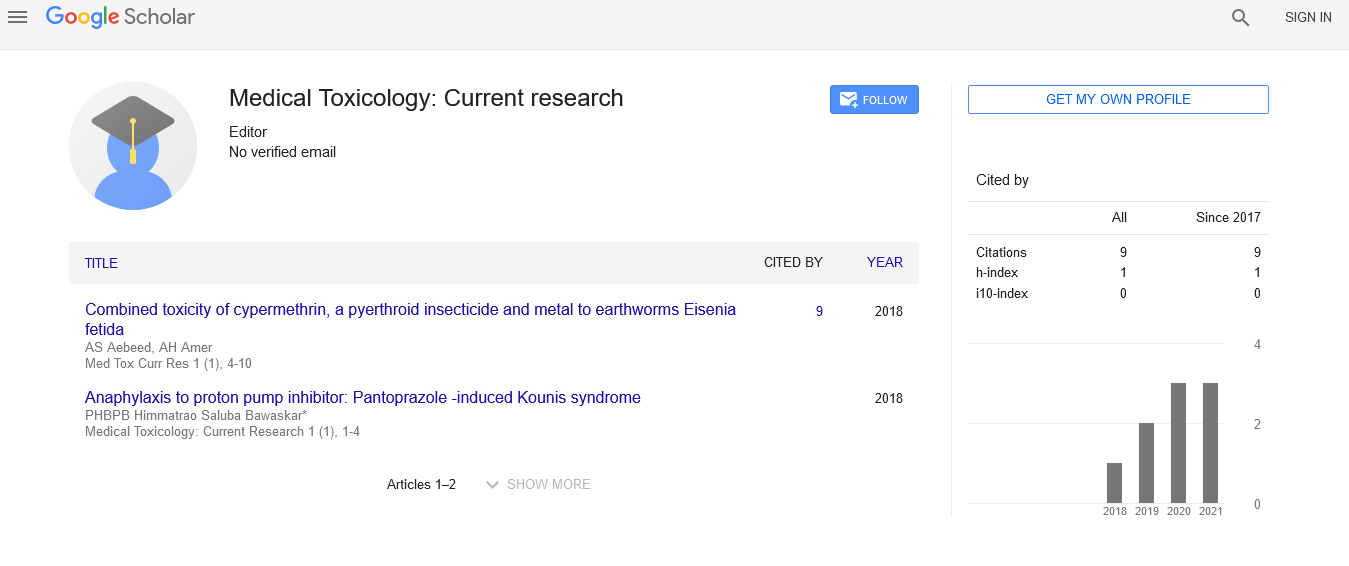
Sign up for email alert when new content gets added: Sign up
Abstract
Developing intercultural resiliency through pluralism in the time of COVID
Author(s): Joanne Ginter-Intercultural resiliency is fostered therapeutically bythe life stories of clients who invite the therapist to share in the process of creating new meanings to unfortunate life events. Each individual (and family) possesses a life story woven with successes, challenges, and failures. The growing multiculturalism of client populations are challenging therapists to expand their skills outside their own worldviews. Since early 2020, the COVID pandemic is also pushes therapists to meet needs of clients outside their typical modalities of providing therapy and regular client populations. This growing diversity within client populationscalls for therapists to assume a pluralist position in therapy. The pluralist position is relational whereby the cultural story of both the client and therapist are acknowledged to be present in the session. It offers a means address the new challenges found within clients and the therapists due to the COVID pandemic. Research shows that clients are experiencing increased anxiety along with overwhelming stressors associated with financial difficulties, increased parenting responsibilities and isolation. In addition, therapists are also experiencing increasing stress due the trials of telepsychology, changes in ethical and practice guidelines and the need to adjust therapeutic interventions. Intercultural resiliency offers a process of exploring the different ways people find healing through their sense of self, caregivers and the communities that support them. Intercultural resiliency provides ways of understanding differences, and a means for developing healing. Assuming the pluralist position provides a foundation of respect for all people whichallows the therapeutic relationship to become a process of collaborative interchanges including the sharing of world orientations in which both the client and therapist bring resources which both can benefit. This collaboration of developing intercultural resiliency through the pluralist position supports the uncertainties and vulnerabilities associated with the COVID pandemicnow and in the future.




